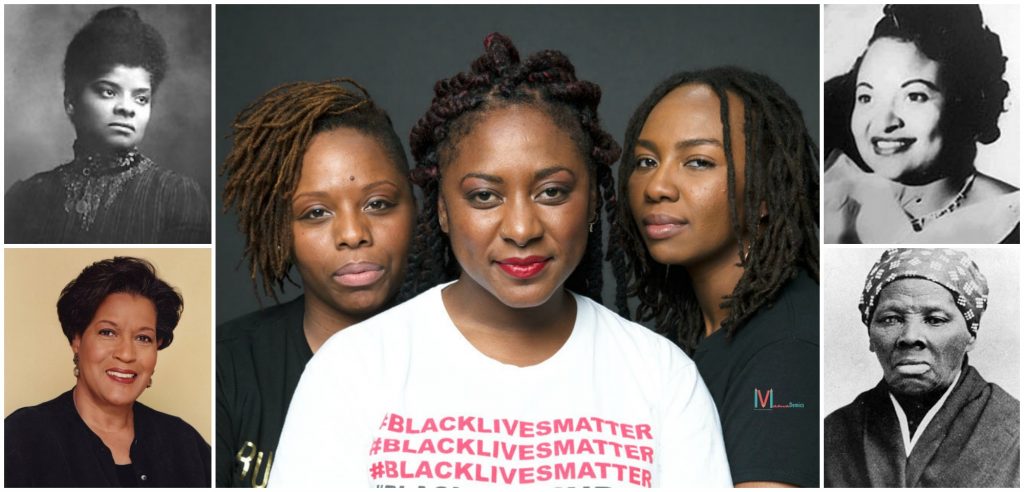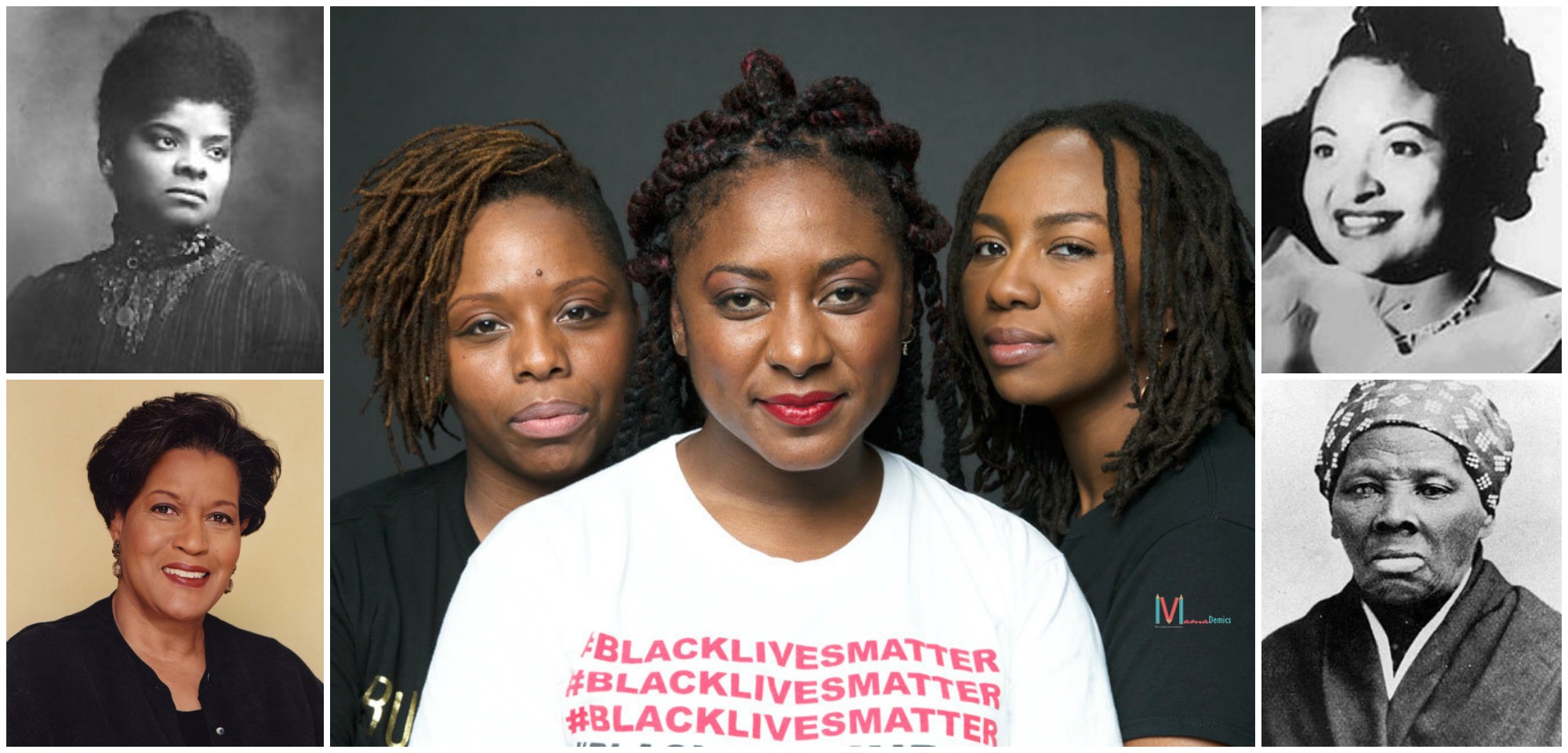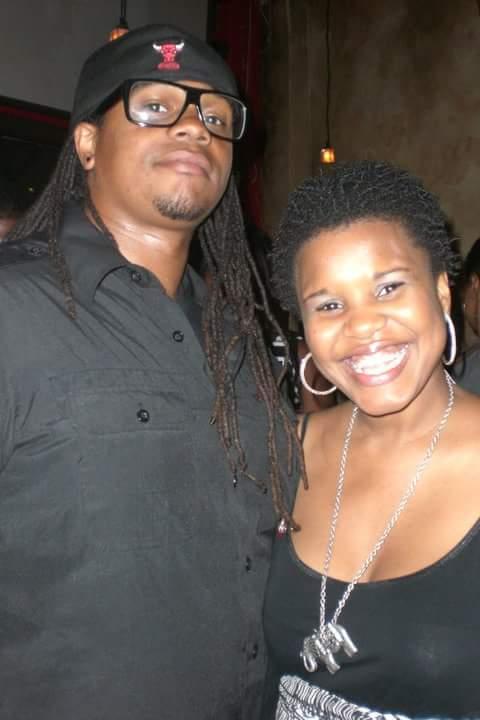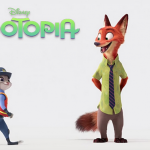Editor’s Note: Last year when I wrote a post about Sandra Bland, I talked to my husband about my fears and he shared his as well. This year as the Black community remembers Bland’s tragic death in police custody, I asked him to write something. I told him that oftentimes we hear Black women vocally advocating for Black men brutalized by law enforcement, yet there are very few Black men publicly outcrying for us. Here are his thoughts…
Black Women Are Vocal, But Their Pain Is Often Silenced
This post contains affiliate links, purchases through this link allow me to keep the site running.
From Harriett Tubman to Ida B. Wells to Alicia Garza, Opal Tometi, and Patrisse Cullors; from Mary Turner to Sandra Bland; from Myrlie Evers-Williams to Esaw Garner; from Mamie Till-Mobley to Sybrina Fulton. For centuries Black women have been on the frontlines of the fight for justice and equality in this country. They have laid bare their souls and sacrificed their husbands, brothers, fathers, and sons at the altar of American hypocrisy and brutality. However, their own stories of pain are often drowned out by Black men being the favorite target of racist violence perpetrators in America. This muting of the nurturers’ suffering is heartbreaking; to know that the victimization of my mother or my sisters or my wife at the hands of police could go largely unnoticed is deplorable.

At the risk of sounding stereotypical, Black women are vocal, at least the ones that I know. They are not afraid of expressing their joy, pain, frustration, or anger with words. Ask anyone who has dated, worked or lived with a Black woman how many times said woman let them know exactly what was on their mind. Calculators would be required to answer correctly. Although sometimes being the topic of this right-reading can produce tense moments, this is one of the many attributes of my ladies that I admire. And when the focus is someone other than me it can be quite entertaining to watch. However, it gives me serious anxiety to think about that same type of exchange when dealing with police.
I remember the first time I watched the dash cam video of the interaction between Sandra Bland and the trooper who pulled her over. I completely understood her annoyance with what seemed to be profiling if not harassment. Her words were latent with a familiar tone, language, and volume that comes with Chicago Black girl sass. And Bland was justified in expressing her aggravation after Trooper Brian Encinia pulled her over for failing to signal when changing lanes. He antagonizes her and threatens to ‘tase’ her repeatedly. This stop resulted in Bland being forcibly removed from her vehicle and subsequently arrested.
As I watched the video clip, I heard the pain in her voice while she was assaulted by the trooper. My chest tightened because all I could think of in that moment was my youngest sister; a strong, intelligent, opinionated, and educated Black woman from the Southside of the Chi. The knot that began to form in the pit of my stomach was a reminder that this could have been her. I began to fear for her safety, that of my other sisters, and all of the other Black women in my life that could be preyed upon at any time by an overzealous and brutal police force. I began to think about all of the women across this country that are vulnerable to police misconduct and how many of their stories had not been heard. Like the Black women who were targeted because of their skin color by a vicious sexual predator with a badge in Oklahoma City. Or Rekia Boyd who was shot in the back of her head in my hometown of Chicago by a cowardly officer whose actions showed he had no regard for Black life.
I am afraid for the lives of the many Black women in my life who reside in a country that does not actively protect the rights of women and historically dismisses the reality of Black America. I fear for the lives of Black women who may be met with overt aggression at the hands of police because of their natural inclination to be vocally expressive. I agonize over Black women being targets of rapist cops due to both their sexual allure and their marginalized status in society.
Although, most of all I fear that their pain will go unheard; their stories will not be championed. We will never know how many Black women are victimized at the hands of police because they continue to suffer in silence, as they have for hundreds of years. For me, that stops now. I will no longer allow them to bear this burden alone. In the same way, that Black women have held up the broken bodies of the men that they love, so shall I lift them up when not enough are paying attention. And not because I owe them, but because I love them.










